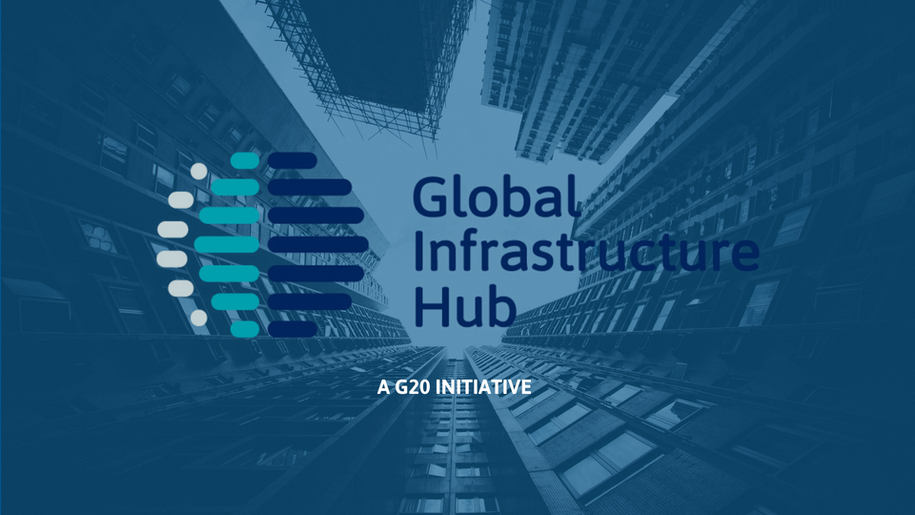782 results found
Featured results



More results
Risks can be hard to define, manage and mitigate. In infrastructure projects that cross regional or national borders and involve multiple parties from both the public and private sector, these risks may be amplified.
Talk of trade tariffs and heightened geopolitical tensions are dominating news headlines recently. As developed economies consider escalating protectionist policies, it’s easy to forget about the situation many emerging markets face.

The country partnership strategy lays out a program of priority activities to support each of three pillars and promotes rebalancing ADB financing toward infrastructure projects in support of the government’s Build, Build, Build infrastructure program.

As outlined earlier in this blog series, private investors are looking for reliable returns to justify the risks that they are taking. Financing and procurement of cross-border projects will often be more complex than national projects due to the scale of the project and compounded risks, and the financial returns may be more uncertain than for national projects.
The Financial Stability Board (FSB) have published a consultation report on the Evaluation of the effects of financial regulatory reforms on infrastructure finance.
On 22 July, at their meeting in Buenos Aries, the G20 Finance Ministers and Central Bank Governors voted to renew the mandate of the Global Infrastructure Hub for another four years.
The Global Infrastructure Hub and Turner & Townsend Launch PPP Contract Management Tool. Effective management essential to unlocking value behind infrastructure PPPs.
The third Annual Meeting of the Asian Infrastructure Investment Bank (AIIB) was held in Mumbai on 25-26 June 2018, and the Global Infrastructure Hub was asked to join one of the panels organised by India, as the host nation.
Infrastructure can often be used as a pawn in the political chess game, not only at a federal level between political parties, but at a foreign policy level too. It’s crucial that a cross-border infrastructure project has political support and cooperation from all parties involved, and that it’s being supported not for political gain, but to further regional development. A lack of strong political leadership can be detrimental to a cross-border project, and weak capacity can be a deterrent to investors.
The Africa Infrastructure Fellowship Program (AIFP)—a joint initiative between the Global Infrastructure Hub (a G20 initiative), private investment firm Meridiam, and the World Economic Forum (WEF)— has been formally announced by Mr Jean-Baptiste Lemoyne, the Secretary of State attached to the Minister for Europe and Foreign Affairs.

The PPP Contract Management Tool provides practical guidance to government officials responsible for managing public-private partnership (PPP) contracts and concession contracts during construction and operations, based on extensive data and real-life case studies.


On 3-4 July 2018 the GI Hub gave a series of presentations at the International PPP Finance Summit, held in London.









 InfraCompass
InfraCompass












